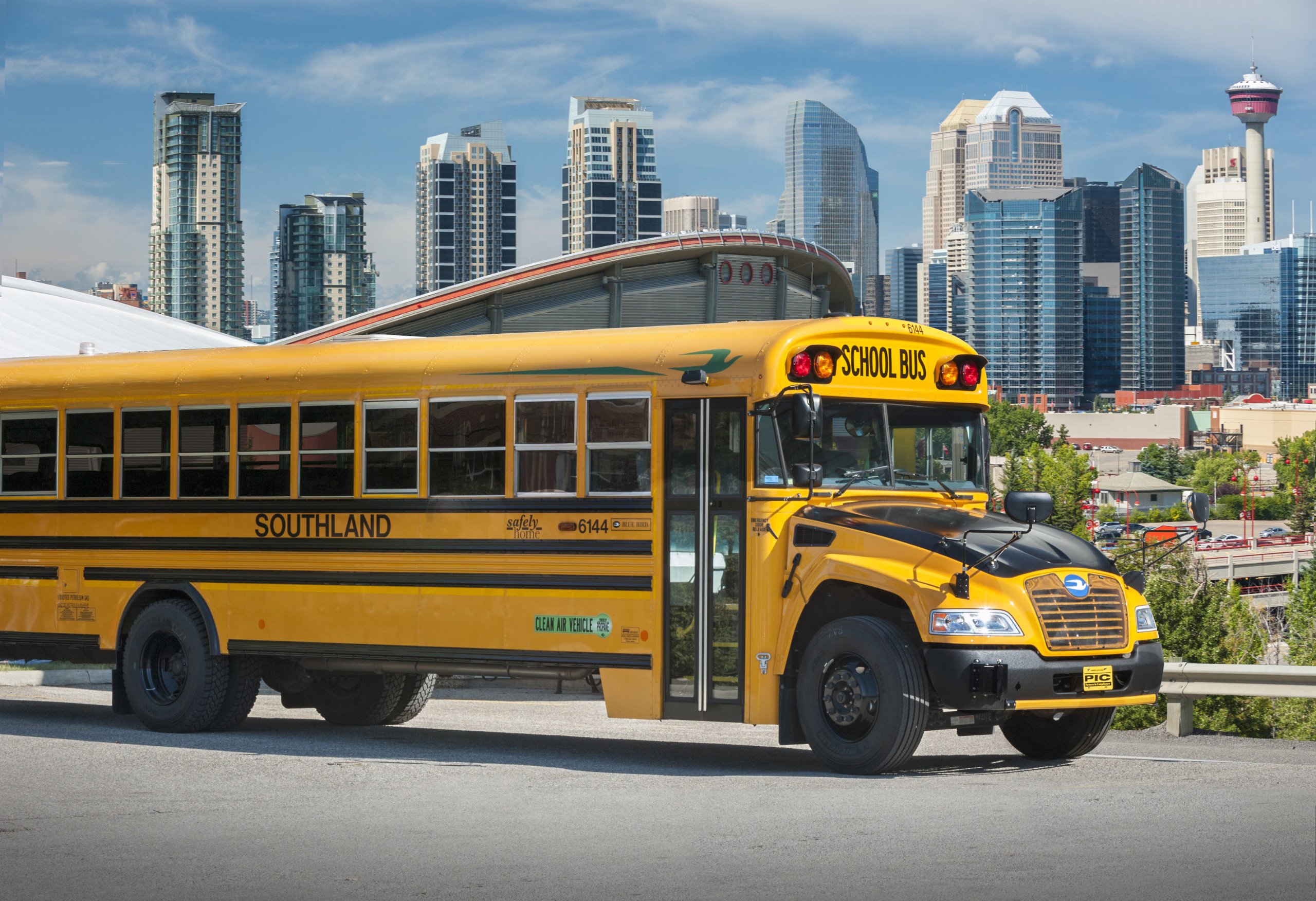Media Room
Government should support all low-emission energy, says Canadian LPG industry

The Canadian Propane Association published a new article analysing the different low-emission alternatives to power transportation and asking why federal and provincial governments keep prioritising incentives and rebates for electric vehicles. They quote writer Auston Chhor and his story ‘Why It’s Time to Rethink Electric Vehicles’, recently published in newspaper The Tyee.
One of the points he raises is, “who will benefit from these incentives? Will it be all of society or only some?” He states that while some are reaping the benefits of the billions of tax dollars being thrown to fight climate change, it is often the less fortunate that are being left behind in the push to reduce emissions. Even with the rebates, the majority of British Columbians still cannot afford to purchase an EV, so how are rebates really benefiting the environment?
To effect change and bring real progress, Canadians need real solutions and an ‘all-hands-on-deck’ approach. As Akio Toyoda, president and CEO of the Toyota Motor Corporation has repeatedly said, “(electric vehicles) are not the only way to achieve the world’s carbon neutrality goals”. He notes that while Toyota is pursuing all options, there needs to be clean options for all drivers in all types of settings, some drive electric vehicles but there are others who live in places with no access to charging facilities. This is true in remote and rural areas of B.C. and in many other similar areas across Canada.
Toyoda is calling for more diversity in future automotive fuels, including hydrogen and biofuels, but there are affordable, low-emission options available now – like Autogas.
Currently, federal and provincial rebates are often narrowly focused, offering electric-only rebates. This includes the Zero Emission Transit Fund from the Government of Canada – a cost of $2.75 billion over five years. It only supports public transit and school bus operators who are electrifying their fleets.
If the real goal is to reduce emissions, the government should support all low-emission technologies. LPG-powered buses are less expensive to purchase than electric buses – about one-third the price – and operators can put more of them on the road for the price of one electric bus.
School districts across Canada are choosing this fuel to power their school buses because it is one of the most clean, affordable, and reliable options available. Southland Transportation currently owns and operates the largest Autogas fleet in the country with over 850 buses because they are ‘operationally viable’ and are a ‘proven solution to reduce emissions’.
Source: Canadian Propane Association
15 February 2023
